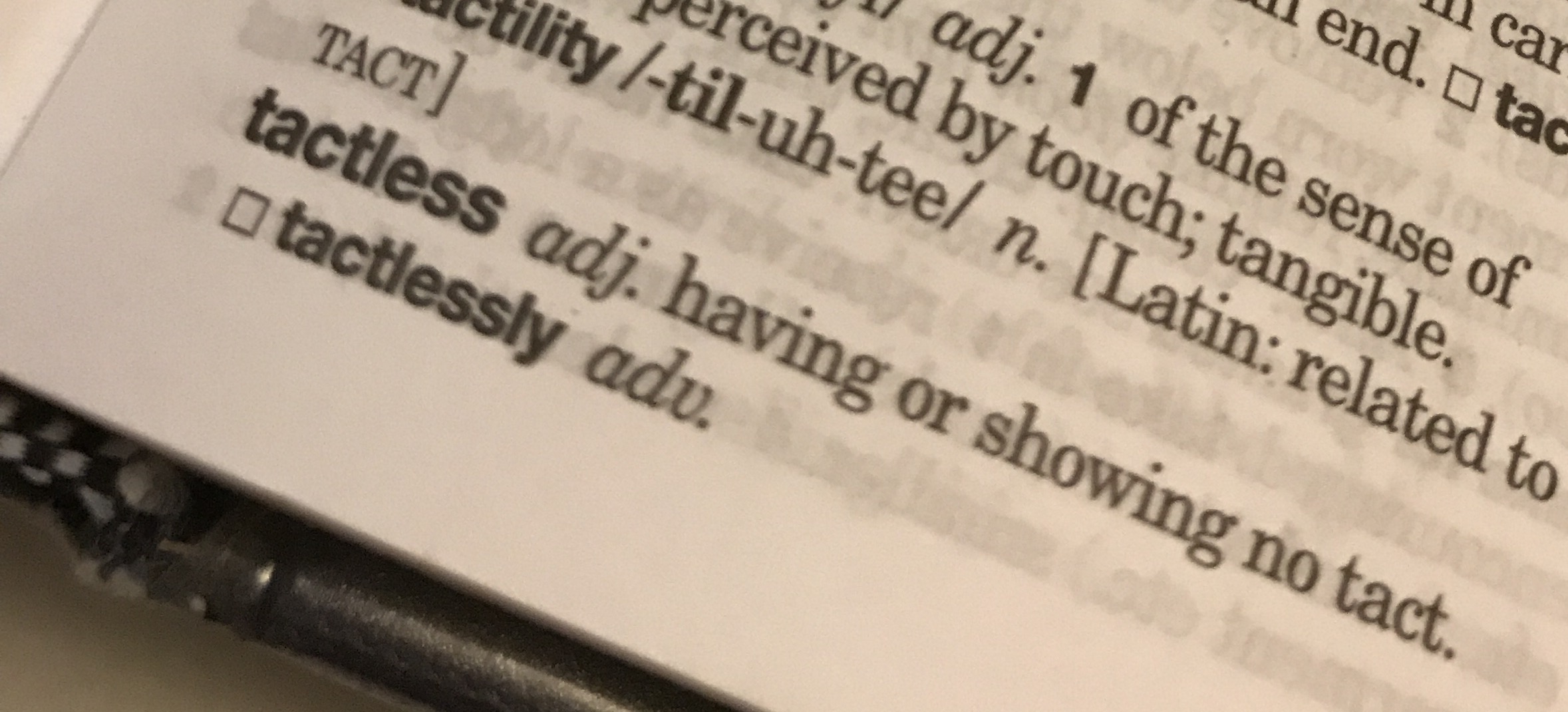Channelling Freddie
November 19, 2016Happy New Year!
January 1, 2018Many of my clients negotiate on a regular basis – with clients, suppliers, staff and others.
And many of them run into problems when they have to negotiate in English. Why?
Well, like it or not, English is one of those languages where diplomacy and tact rule, nowhere more so than in the professional arena. So if you’re not communicating diplomatically, you run the risk of offending and causing damage which could be pretty tough to reverse.
The idea is to project a tone of polite assertiveness. Sounds like a bit of a tightrope? Not really, once you know the right words and phrases.

Here are some top words and phrases to help finesse your next negotiation:
- Use words like “would” and “could”, rather than “will” and “can”.
For example, instead of:
“Will you be available for a phone discussion?”
Use:
“Would you be available for a phone discussion?”
- Use “Unfortunately” when you need to deliver “bad” news, or need to say “No” to a client request. It softens the refusal and helps retain goodwill.
For example, instead of:
“We can’t offer you the same conditions as when you first signed up with us”
Use:
“Unfortunately, we’re unable to offer you the same conditions as when you first signed up with us.” (At this point, I always advise my clients to offer some kind of sweetener to offset the disappointment, starting with “However” – but that’s your call.)
(See also my earlier blog on Delivering Bad News)
- “May/Can/Could I suggest/propose that”
Instead of:
“Can we set up a meeting to showcase the new version of our product”,
Try:
“Can I propose that we set up a meeting to showcase the new version of our product.”
- Thanks/appreciation
Remember to always say thank you, regardless of the outcome of your negotiation. It helps to keep things harmonious – and you never know where that goodwill will lead.
For example:
“Thanks for your time and for considering us. We hope to have the opportunity to be of service at another occasion.”
Or:
“Thank you for renewing. We do appreciate your ongoing custom and look forward to continuing to provide you with…”
When negotiating in English, it’s the seemingly subtle touches that can make or break a deal. Make the effort to use diplomatic language and you’ll reap real rewards – both in the short and long term.

